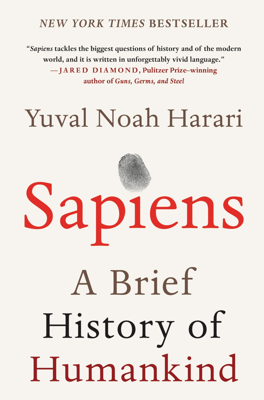The Law of Religion
Religion has been a significant unifier of humankind, alongside money and empires, owing to its ability to give superhuman legitimacy to the imaginary social orders and hierarchies that underpin societies. By attaching divine will to the laws and structures of society, religions have helped maintain social stability.
Defining Religion:
Religion is identified by its basis in a belief in a superhuman order, which is not merely a human creation, and by its establishment of binding norms and values. This remains distinct from other belief systems like professional sports or cultural practices which, though ritualistic, are acknowledged as human inventions.
Evolution of Universal and Missionary Religions:
While many ancient religions focused on local entities and were not interested in universal conversion, religions like Buddhism and Islam have shaped large parts of human civilization by asserting universal truths and seeking to spread these beliefs globally.
Shift in Religious Thought Post-Agriculture:
The Agricultural Revolution shifted humans from viewing animals and plants as entities with spirit and agency (as seen in animist belief systems) to seeing them as resources to be managed. This change caused a rift between humans and nature, positioning humans above other living beings.
Polytheism to Monotheism:
Polytheism acknowledged multiple gods with specific powers and biases, facilitating religious tolerance among different cultures. In contrast, monotheism, which emerged from polytheistic beliefs, identifies a single omnipotent deity, which has historically led to more exclusivity and sometimes violence towards those holding different beliefs.
Dualism and its Philosophical Implications:
Dualistic religions, which propose the existence of two opposing forces—good and evil—provide straightforward answers to the problem of evil in the world but struggle with explaining the consistent order of the universe.
New Religious Forms and the Rise of Humanism:
In recent centuries, new forms of religion have emerged that focus less on supernatural gods and more on laws of nature or human-centric ideologies, like communism or nationalism. These belief systems, while not traditional religions, function religiously by providing overarching frameworks that guide human behavior and societal structure.
Modern Secular Religions and their Impact:
Modern ideologies, which represent themselves as secular, often carry religious characteristics as they provide comprehensive belief systems, commandments, and sometimes even prophetic visions for the future, similar to traditional religions.
Summary:
Throughout history, the concept of religion has evolved from localized animist traditions to encompass universalizing missionary religions and even modern secular ideologies that still function religiously. These transformations reflect human attempts to understand and organize the world, often linking the societal order to a superhuman or supernatural framework for legitimation and stability.
